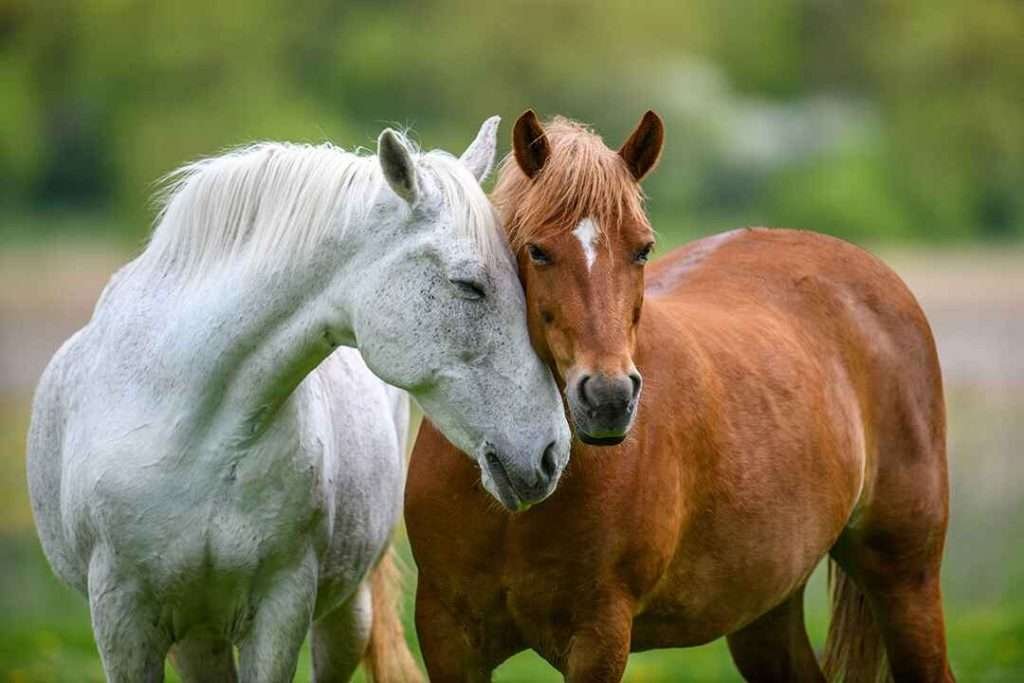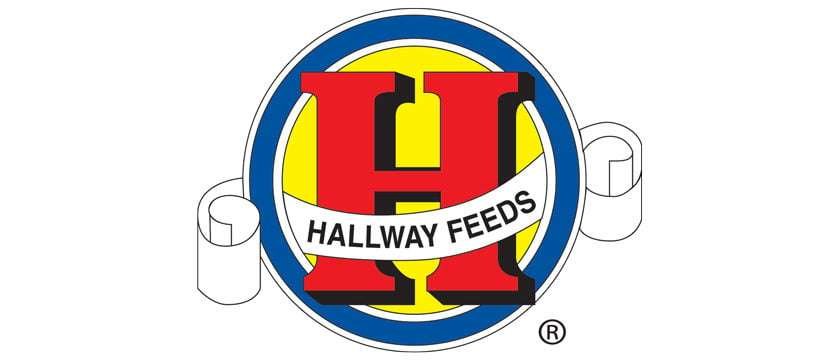As our faithful equine companions age, their nutritional needs evolve. Providing the right feed is crucial to ensure their health, vitality, and overall well-being. In this article, we’ll delve into the factors that make a feed suitable for senior horses and explore some top options.
Lower calorie content: Seniors generally have decreased activity levels and require fewer calories to maintain weight. A high-calorie feed can lead to obesity and other health problems.
Higher fiber content: Fiber helps with digestion and gut health, which can be especially important for older horses.
Reduced sugar and starch: Senior horses are less efficient at processing sugars, so limiting sugars and starches can help prevent metabolic issues.
Fortified with essential nutrients: Seniors may need added vitamins, minerals, and antioxidants to support their immune system and overall health.
Unique Needs of Senior Horses
1. Metabolism Changes
Senior horses experience a slowdown in metabolism. Their digestive systems become less efficient in extracting nutrients from food.
2. Dental Health
Aging horses may face dental issues, such as worn teeth or gum problems, which can affect their ability to chew and digest food properly.
3. Muscle Maintenance
Maintaining muscle mass becomes a priority for senior horses. The right feed should support muscle health and prevent wastage.
4. Joint Health
Senior horses often contend with joint stiffness and arthritis. Feeds with joint supplements like glucosamine and chondroitin can be beneficial.
Key Nutrients for Senior Horses
5. High-Quality Protein
Protein sources like soybean meal or alfalfa provide essential amino acids for muscle maintenance and overall health.
6. Omega-3 Fatty Acids
These aid in reducing inflammation and supporting joint health. Look for feeds enriched with flaxseed or fish oil.
7. Vitamin and Mineral Balance
Senior horses may require additional vitamins and minerals like Vitamin E and selenium for immune function and overall health.
8. Digestible Fiber
Easily digestible fiber sources like beet pulp or hay pellets help maintain healthy gut function.
Best Feed Types for Senior Horses
9. Complete Senior Feeds
These feeds are specially formulated for older horses and contain a balanced mix of fiber, protein, and essential nutrients.
10. Senior Pellets
Easy to chew and digest, senior pellets provide concentrated nutrition in a compact form.
11. Beet Pulp-Based Feeds
Beet pulp is highly digestible and an excellent source of fiber, making it suitable for senior horses with dental issues.
12. Hay Replacer
For senior horses with severe dental problems, hay replacers provide the necessary fiber without the need for chewing.
People also asked:
Best Feeding Guidelines for Senior Horses
13. Gradual Transition
When switching feeds, do so gradually over 7-10 days to prevent digestive upset.
14. Monitor Weight and Body Condition
Regularly assess your senior horse’s weight and body condition to ensure they are receiving the right amount of feed.
15. Access to Fresh Water
Always provide access to clean, fresh water, as senior horses may be more prone to dehydration.
Conclusion
Choosing the best feed for a senior horse is a crucial aspect of their care. Understanding their changing nutritional needs and providing appropriate feeds can significantly enhance their quality of life.




